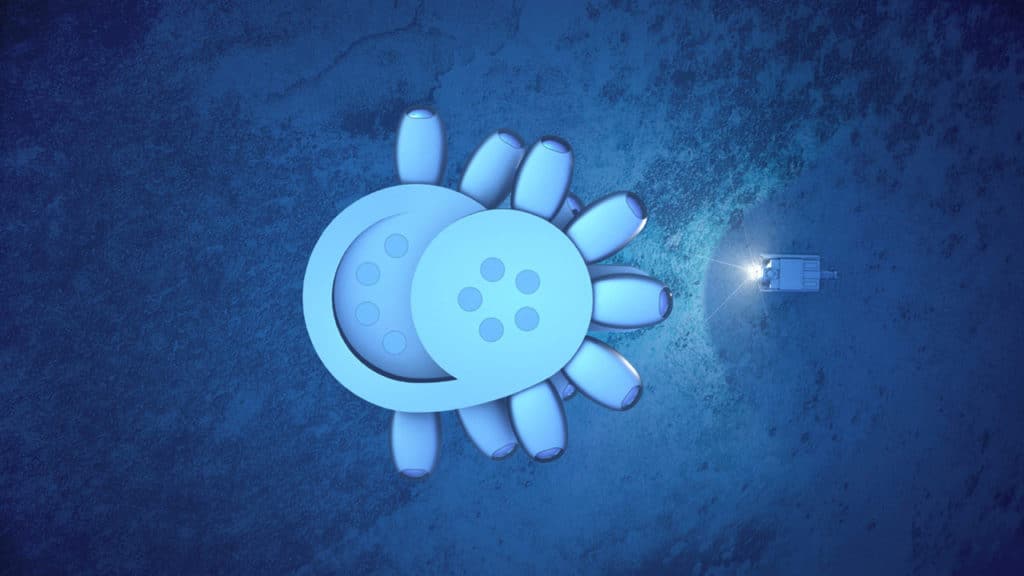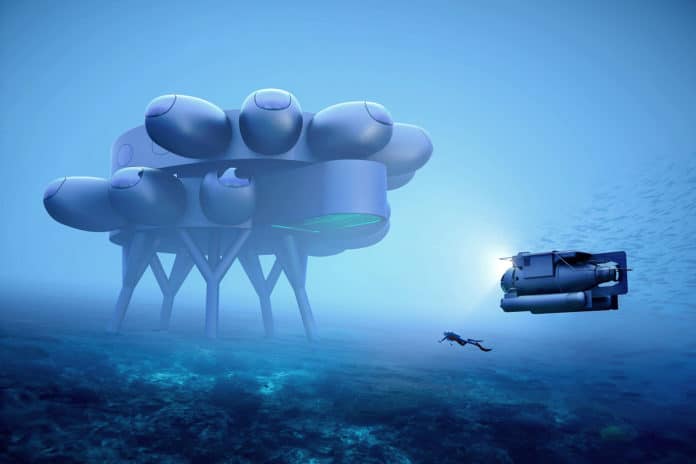Despite a dramatic increase in exploration in recent decades, we still know very little about the deep ocean bottom where many strange species live, and there are many yet to be discovered.
To change this scenario, Fabien Cousteau, a renowned Ocean explorer, and conservationist, plans to build an underwater version of the International Space Station (ISS). Following the family tradition, the grandson of the well-known French oceanographic explorer Jacques-Yves Cousteau is building the world’s most advanced underwater scientific research station.
The project called, PROTEUS will be an underwater laboratory in which scientists can study the ocean for months. Cousteau proposes to build a research station of 4,000-square-foot (370-square-foot) at a depth of 18 meters in the Caribbean Sea off the coast of the island of Curacao, which belongs to the Netherlands.

It will be three or four times the size of any previously built submarine habitats, accommodating up to twelve people at once. Based on the concept of a spiral, the research center is attached to the ocean floor by legs designed to adapt to the variable terrain.
Designed as a two-story circular structure, the PROTEUS contains a series of modular pods that are attached to the main body. It accommodates a variety of uses, including laboratories, sleeping quarters, bathrooms, medical bays, life support systems, and storage. The largest pod contains a moon pool allowing submersibles to dock. These pods can be attached or detached to adapt to the specific needs of the users over time.
Entirely powered by wind and solar energy, and ocean thermal energy conversion, the PROTEUS station will also feature the world’s first underwater greenhouse, which will grow fresh plant food for those who work there.
It will be a platform for global collaboration amongst the world’s leading researchers, academics, government agencies, and corporations to advance science to benefit the future of the planet.
According to Cousteau, the design of the project is already ready. It will take three years for Proteus to be installed, although the coronavirus pandemic has already delayed the project.
